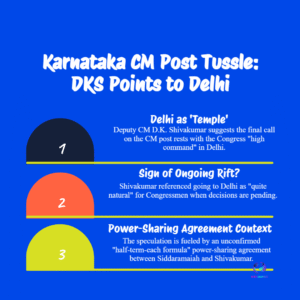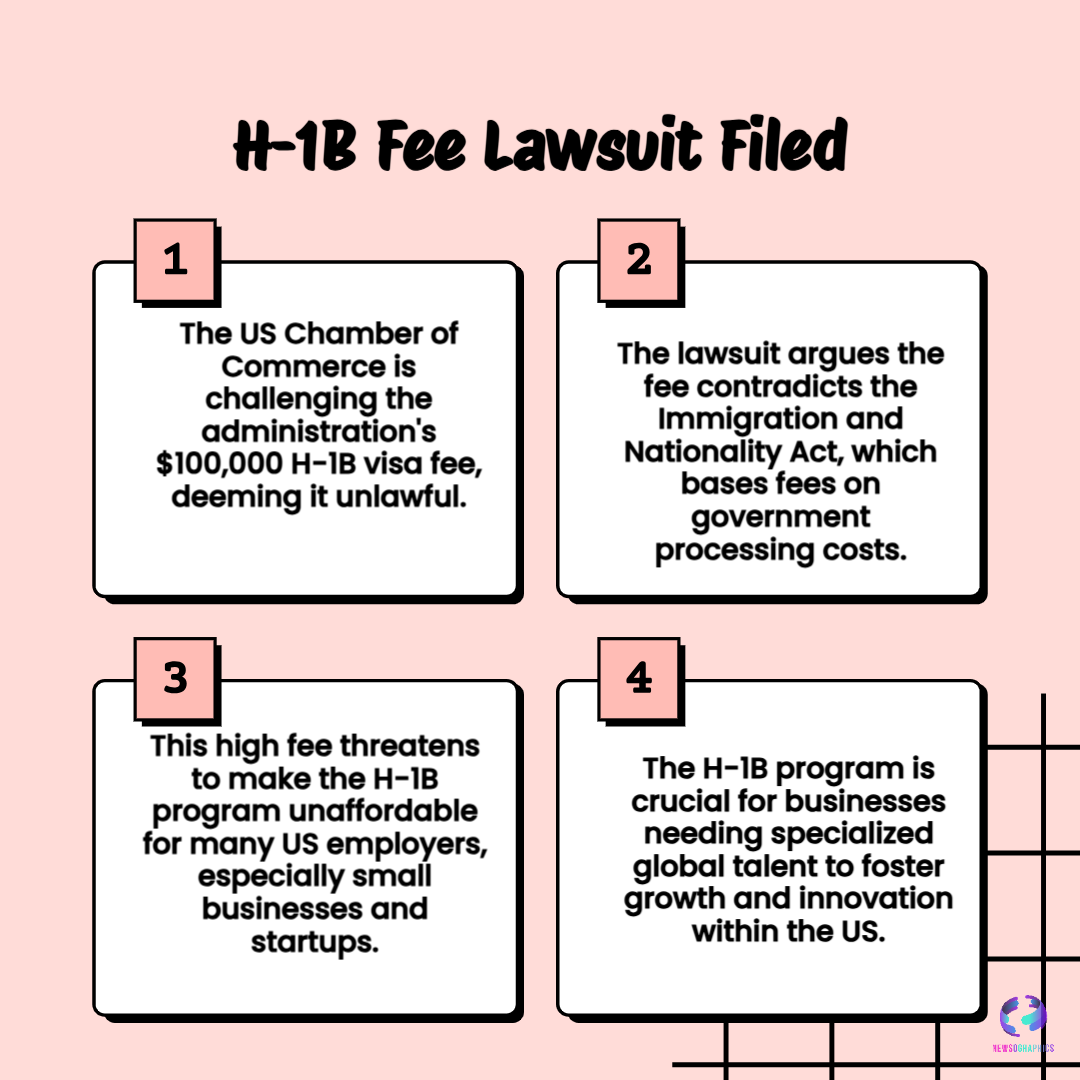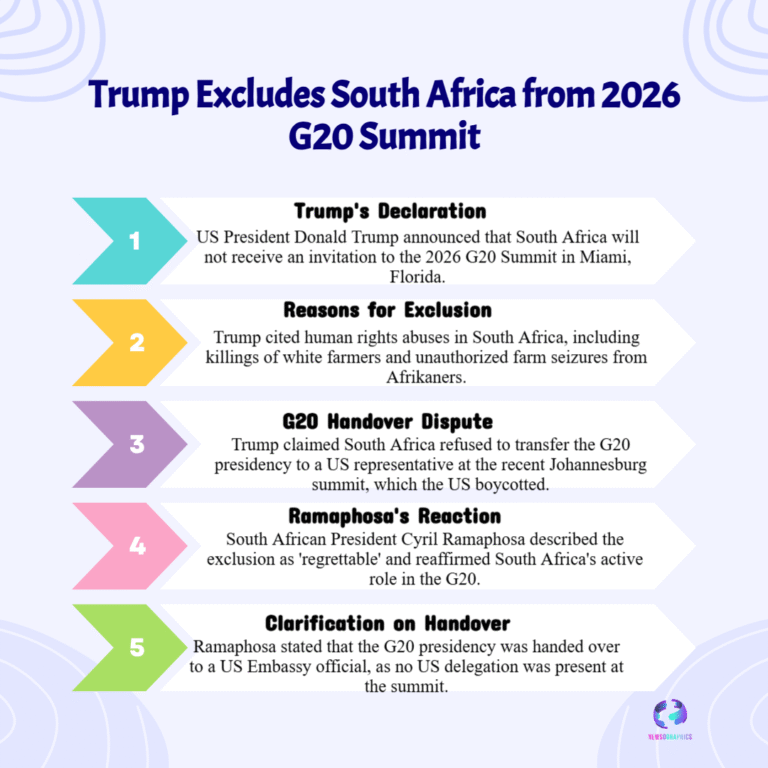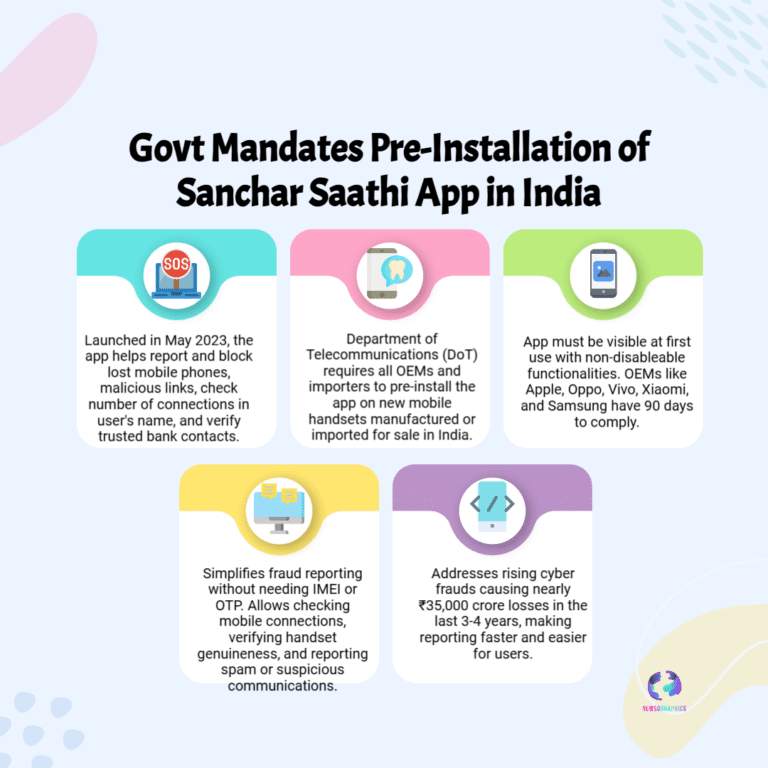The U.S. Chamber of Commerce has filed a federal lawsuit challenging the Trump administration’s one-time $100,000 fee on new H-1B petitions. Read a concise breakdown of the legal arguments, who is affected and what employers and prospective H-1B workers should expect next.
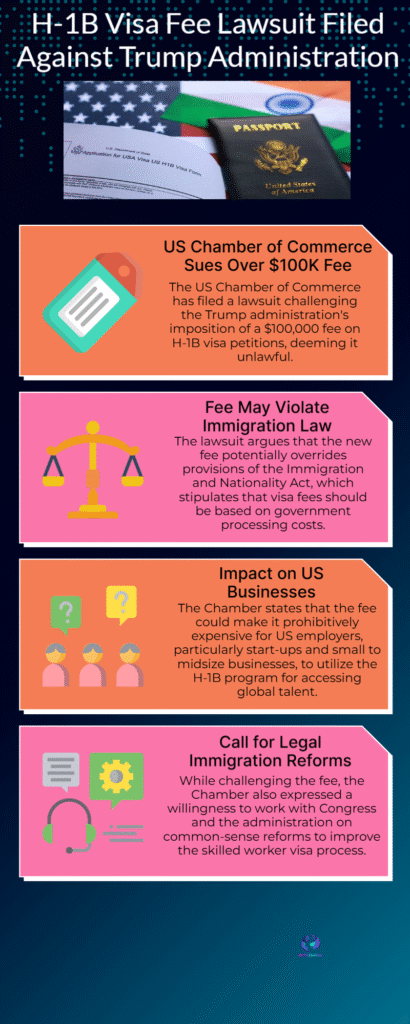
The U.S. Chamber of Commerce has sued the Trump administration to block a new $100,000 fee on new H-1B visa petitions, calling the charge unlawful and beyond presidential authority. The Chamber argues the fee conflicts with the Immigration and Nationality Act and that visa charges must reflect government processing costs rather than being imposed by proclamation. Business groups warn the levy would make hiring skilled foreign workers cost-prohibitive for startups and small and midsize businesses, forcing many employers to delay hiring, move roles overseas, or substitute with domestic hires where possible.
The fee applies to new petitions only and does not immediately affect existing H-1B holders, but employers say planning and budgets are already being disrupted. Sectors that rely heavily on H-1B talent — technology, engineering, research and higher education — say the policy will aggravate talent shortages and slow product development. Legal experts say the case will turn on whether the executive branch can impose a broad, flat charge without congressional authorization and whether courts should halt enforcement while litigation proceeds.
Practical questions for employers include who is liable for the fee, how exemptions or waivers will be administered, and whether national-interest exceptions will remain practical. The lawsuit seeks an injunction to stop enforcement while the courts evaluate statutory and constitutional claims. A win for the Chamber could block the fee or force a formal rulemaking process; a loss could leave employers to absorb the cost or seek legislative relief.
For prospective H-1B applicants, timing matters: employers are reassessing filing strategies and considering alternatives such as remote work arrangements, transfers to other countries, or hiring contractors. The legal fight will shape hiring and immigration planning across the U.S. business landscape in the coming months.




